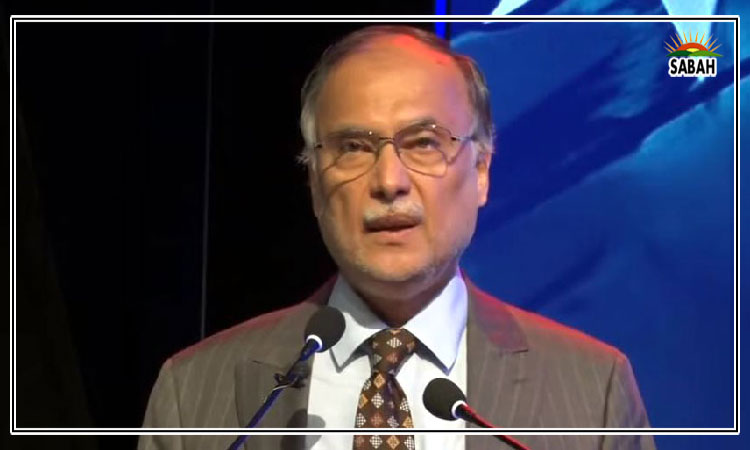The latest abdication…. Muhammad Hamid Zaman
I grew up in an environment where everyone around me went to public schools in Islamabad and in other cities. We went through the national curriculum, prepared for the board exams, did our matric and FSc (or FA) and were part of the national system of education. We did quite alright in our lives and our careers.
A generation later, I do not know of anyone, in my own family, or anyone in our extended network, who is part of the national education system. Everyone is doing O and A-levels, and some are in the IB programme. Some friends and family members are affluent, and some are less so but not one person I know is part of the national education system. What was the normal a generation ago to be part of the national system is unimaginable now. It is not to say that there are no students in the national system, but they are often there because of necessity and financial constraints, not by choice. The state has gladly outsourced one of its most fundamental responsibilities to authorities outside the country. During the pandemic, we saw how the system was stressed, and how the government was asking for concessions for its own citizens from the educational authorities in the UK. Of course, no one cared about our own system.
The situation in health is not particularly different either. I remember going to public hospitals for immunisation, or emergency services. Their reputation was different than it is now. Once again, those who go to the public hospitals do it because they cannot afford to be in private care, not because they think public hospitals are the centres of excellent care. Dwindling state budget for public health, lack of serious reform and poor quality control have led to deterioration of standards. The case of Abdus Sattar and Bliqis Edhi is an important one to note here. They offered to millions what should have been offered by the state. Caring for the weak, having ambulance services available in difficult areas, providing support to the injured and the needy should be the responsibility of the state, not of an individual. The success of Edhis network is simultaneously a tale of extraordinary commitment and accomplishment, and of abject failure of the state.
The continued abdication of responsibility is now visible in some of the most basic aspects of the lives of less well to do citizens of the country. In every city there are more and more charities and private langars (centers for free food) providing meals to those who have fallen on hard times. Many friends are proud of supporting their domestic staff and their families, others are comforted by the generosity of strangers. While this generosity is certainly impressive and inspiring, it is masking an ugly reality about the abdication of the state in taking care of the most basic needs of its people. We seem to be fine as the state disregards its responsibilities and our own expectation of the state support continues to shrink.
We now accept that the national system of education and health is dysfunctional and not reliable. For many it is simply absent, and the hole is filled by the expensive and largely unregulated private sector. Many youth think this is how it has always been, not recognising that just a generation ago this is not how it was. Soon we will also think it is normal for tens of millions of people to be dependent on soup kitchens, langars and private donations to get one full meal. One day we will think that it is perfectly normal for people to be crushed to death while waiting in line in front of a private charity for a bag of unusable flour.
Courtesy The Express Tribune, April 25th, 2023.












